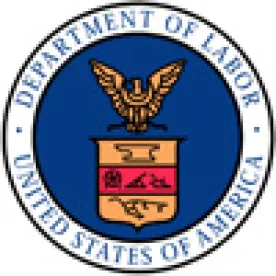Throughout the month of September, 2018, the U.S. Department of Labor (“DOL”) held five listening sessions across the United States to receive feedback from the public on the minimum salary requirements for the white collar exemptions of the Fair Labor Standards Act (“FLSA”). These sessions were held in Atlanta, Seattle, Kansas City, Denver, and Providence. Another listening session is scheduled for October 17, 2018, in Washington, DC.
As a reminder, in 2016, the DOL proposed an increase to the FLSA’s salary threshold for the white collar exemptions from $455 per week (i.e., $23,660 annually) to $913 per week (i.e., $47,476 annually). On November 22, 2016, a federal judge in Texas issued a nationwide injunction halting implementation of the DOL’s proposed rule.
Summary of employers’ comments
The vast majority of the comments were from employers. In general, employers did not oppose an increase to the salary threshold, but advocated that the DOL adopt the 2004 methodology of calculating the minimum salary, which would put the salary threshold for purposes of the exemption at approximately $32,000/year.
Employers large and small raised several concerns regarding the DOL implementing a threshold salary level that is too high. Indeed, employers argued that small business would have to hire and schedule more employees, engage expensive HR and payroll consultants, and contend with morale issues associated with people losing the salaried stature. Employers further advocated against automatic increases in the salary threshold and argued the DOL should engage in a notice and comment period prior to implementing any additional increases. Employers further stated that the jump in salary threshold as proposed in 2016 would have caused wage compression, budget issues, and impacted the regular salary/raise structures employers already had in place.
Employer representatives also advocated for the DOL to make the duties test for the administrative exemption clearer to avoid misclassification and avoid future litigation.
Summary of comments from other institutions
Additionally, several speakers pointed out that the current workforce desired and enjoyed the flexibility that comes with being an exempt employee, and that raising the salary threshold too high could disqualify individuals and restrict this freedom.
Moreover, several financial institutions advocated for a larger percentage of the threshold salary to be satisfied through incentive and bonus payments to employees.
Publicly funded education institutions advocated for the salary threshold to be tied to local conditions as they rely on public funds and budgets. They also raised concerns that the salary threshold did not include “in kind” compensation. There was also a concern that any increase to the salary threshold needed to be phased in over time so educational institutions could comply with the federal grants which had been granted under prior salary requirements.
The DOL did not make any responsive comments or engage with speakers during the listening sessions.




 />i
/>i

